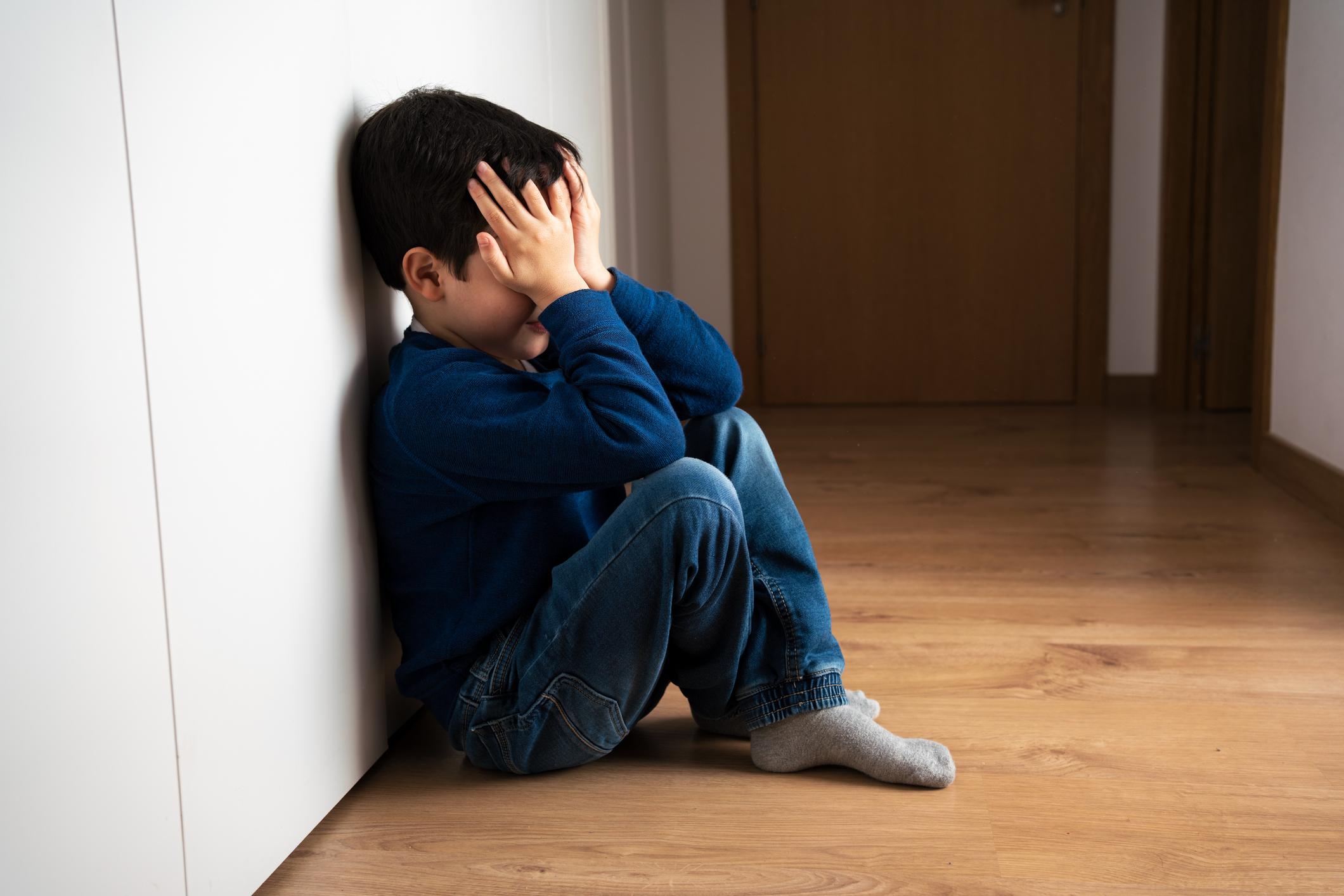A third of the elderly have already suffered from a mental illness. A study revises upwards the frequency of mental disorders in this population.

The mental disorders of the elderly have undoubtedly been underestimated. A study published in the British Journal of Psychiatry suggests that diagnostic tests are unsuitable for older people. This observation is maintained in the six countries where the research was carried out, including Switzerland. Health professionals are therefore missing a high number of cases, suggest the authors.
Anxiety, depression …
The team carried out a study on 3,100 seniors (65-85 years old), questioned on the state of their mental health. To do this, she used a simplified questionnaire, which in particular shortened the questions. “We started from the idea that diagnostic methods for adults are less suitable for detecting mental disorders in the elderly,” explains Prof. Sylke Andreas, who is leading the work. Long and elaborate questions tend to distract seniors. The opinion is therefore incorrect.
In fact, the answers to this simplified questioning are alarming: one in three volunteers has already suffered from a mental illness. One in four still had it at the time of diagnosis. Anxiety, depression, substance abuse and affective disorders were the most common.
Adapted services
This study strongly contradicts the popular idea that mental disorders decline with age. However, isolation and illness are two factors that can promote these symptoms. The research also yields a radically different result from the surveys carried out so far. In France, for example, 17% of seniors are said to be in “psychological distress”, but less than 10% suffer from depression. Statistics far removed from the conclusions of the work carried out among our neighbors.
For Sylke Andreas, the answer to this lag is simple: more efficient and reliable methods are needed to identify elderly people with mental health problems. “This goes hand in hand with the urgent need for psychotherapeutic services adapted to the elderly, who are almost totally absent to this day,” she adds. Even in specialized establishments, in particular nursing homes, these services are difficult to access.
.
















